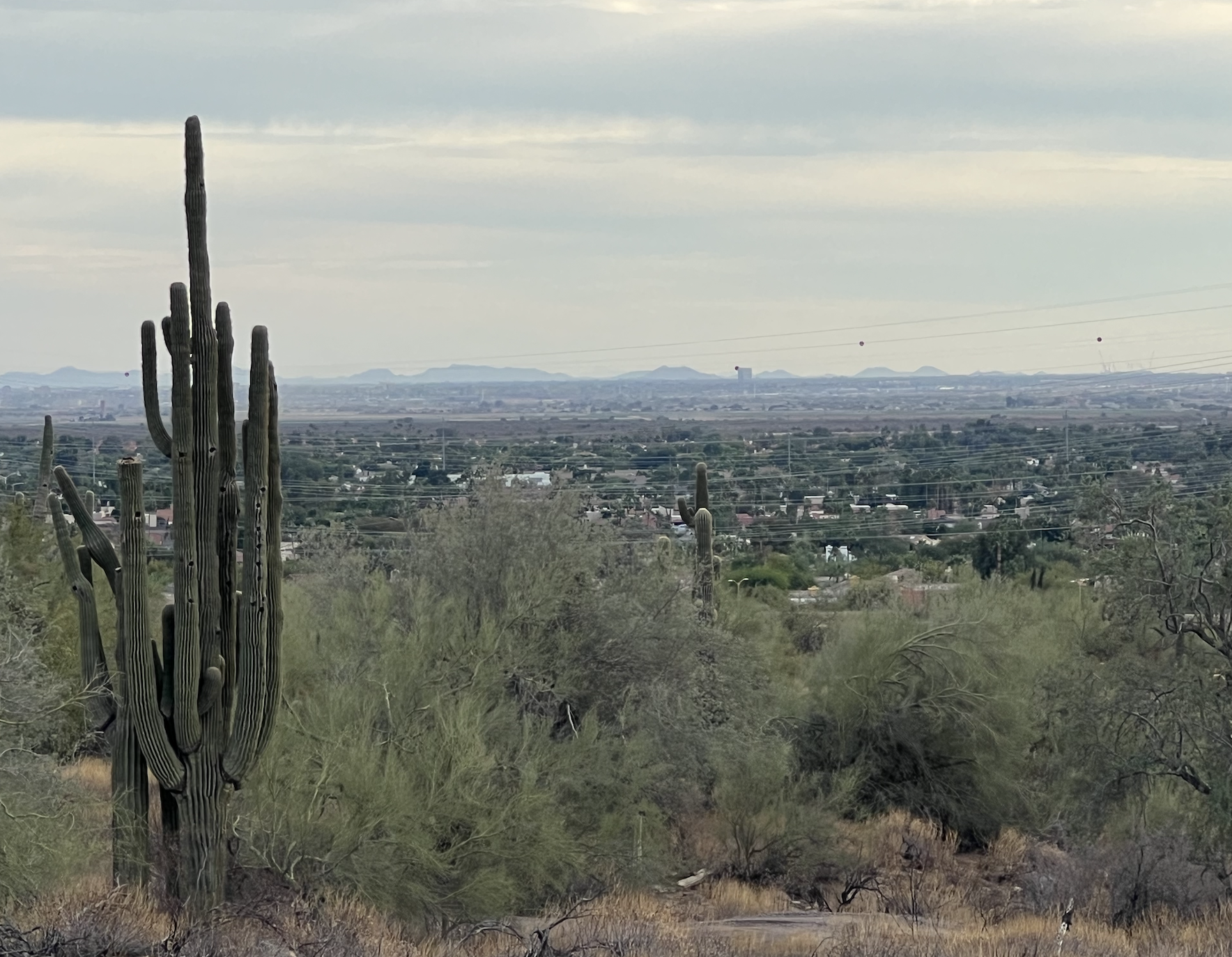French 19th century sociologist Emile Durkheim coined this phrase, “collective effervescence,” to describe the positive impact a group or group identity could have on a person’s overall individual health. Today, many might reference this as “field,” or “the power of the whole,” whether it comes from a good meeting together or a shared rock concert. A colleague and friend, Christy Lee Engel, has explored something similar in our conversations, recalling her learnings with Dr. Bill Mitchell and their work as naturopathic physicians, “humanity itself is a modality of natural medicine.” Whether an energetic quality shared by people in the same geography or event, or a result from years of tradition, I quite like this phrase, collective effervescence.
The February 2014 edition of National Geographic includes an article, Karma of the Crowd, describing the Indian Hindu festival at Kumbh Mela that attracts millions of people. This article reminds me of conversations with Christy.
Their findings would have made Durkheim effervesce. Those who stayed in their villages self-reported no real change over the period of the study. The kalpwasis, on the other hand, reported a 10 percent improvement in their health, including less pain and breathlessness, less anxiety, and higher energy levels—an effect comparable to that of some powerful drugs. Antidepressants, for instance, have been estimated to reduce the public health burden of depression in some populations by about 10 percent. But as Reicher points out, antidepressants treat only depression, whereas the crowd “drug” seemed to have a positive influence on all aspects of the kalpwasis’ health. What’s more, the good effects last long afterward—certainly for weeks, possibly for months.
Why should belonging to a crowd improve your health? The psychologists think the cornerstone of the effect is shared identity. “You think in terms of ‘we’ rather than ‘I,’” explains Nick Hopkins, a colleague of Reicher’s from the University of Dundee in the U.K., and that in turn alters your relationship to other people:
“What happens is a fundamental shift
from seeing people as other
to seeing them as intimate.”
Support is given and received, competition turns to cooperation, and people are able to realize their goals in a way they wouldn’t be able to alone. That elicits positive emotions that make them not only more resilient to hardship but also healthier.
Belonging to a crowd—at least the right sort of crowd—might thus benefit the individual in the same ways more personal social connections do. We know that stress-resilience mechanisms can be activated by social interaction, with positive effects on the immune and cardiovascular systems. Very socially connected people tend to have lower levels of molecules associated with inflammation circulating in their blood, for example. They are less likely to die of heart disease and some cancers, and there’s some evidence that they are less vulnerable to age-related cognitive decline. They respond better to vaccinations. Their wounds may even heal faster.
Reicher makes a critical distinction between a physical and a psychological crowd. A physical crowd—commuters jostling on a subway, for instance—lacks a shared identity. Although being very socially connected isn’t the same as being physically surrounded by other people, it has a lot in common with belonging to a psychological crowd—sharing a group identity. And it isn’t just bodily systems that are altered by the shift from “I” to “we.”
